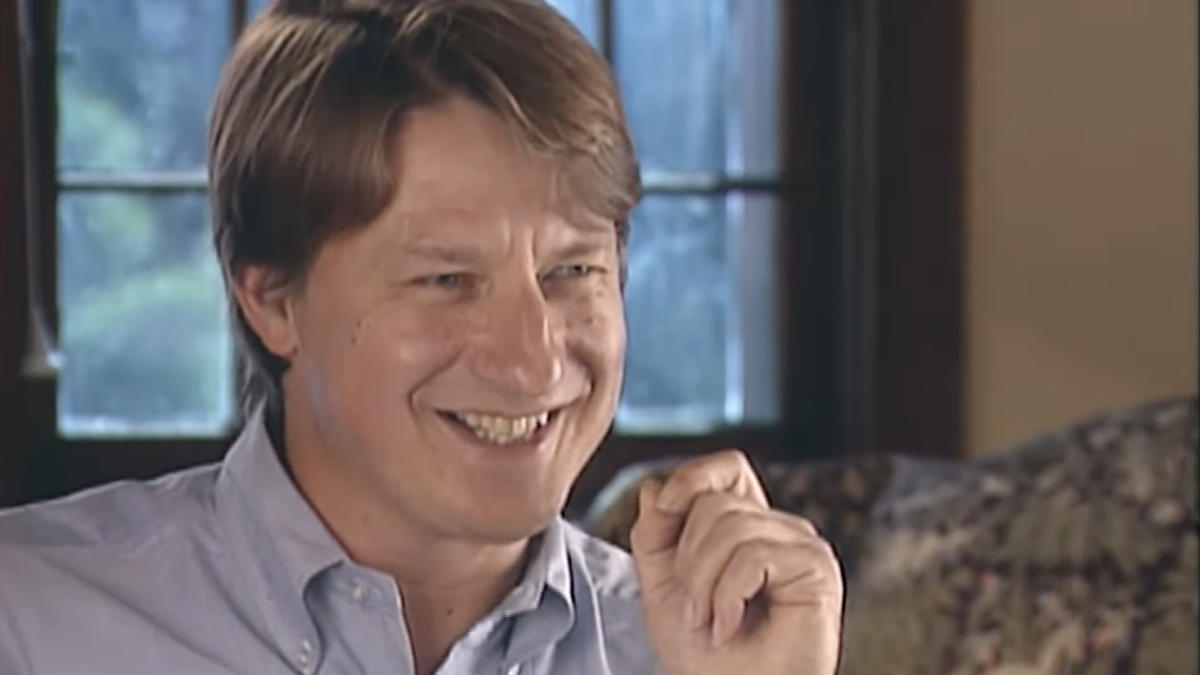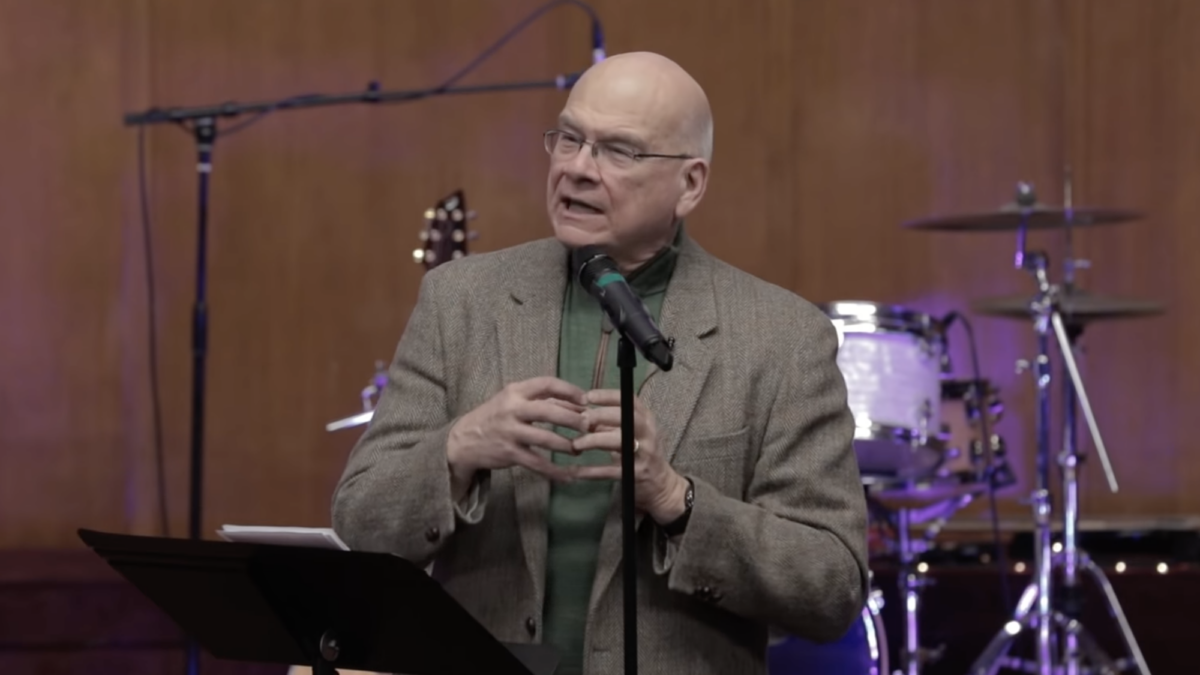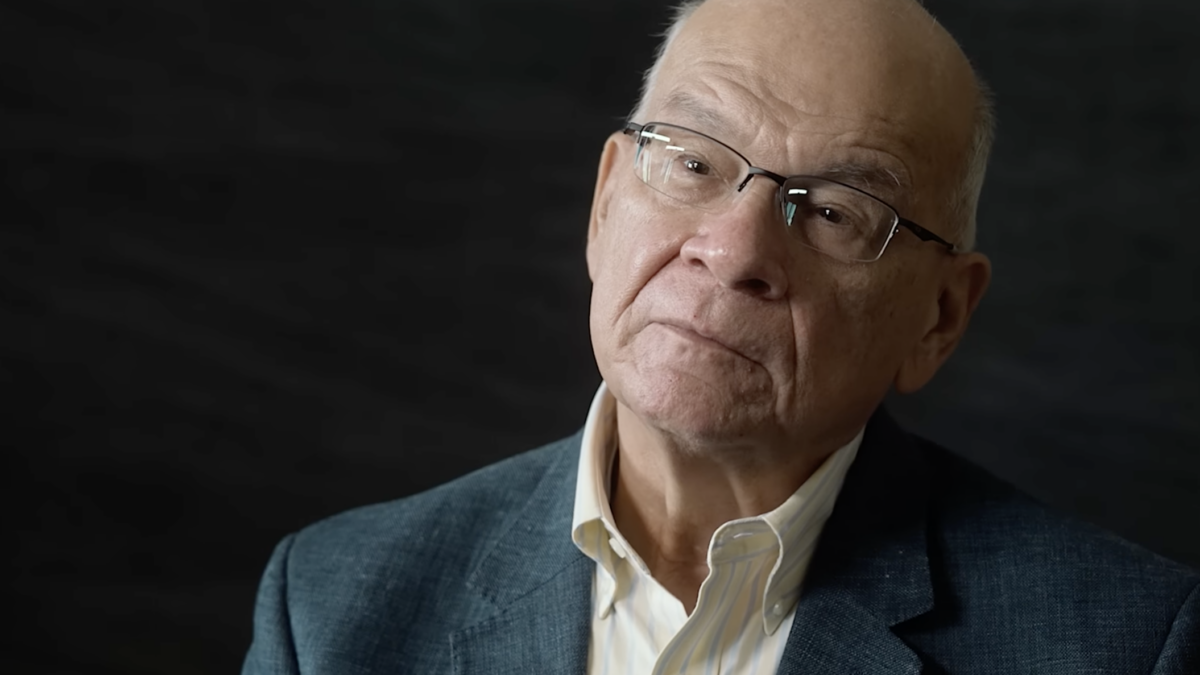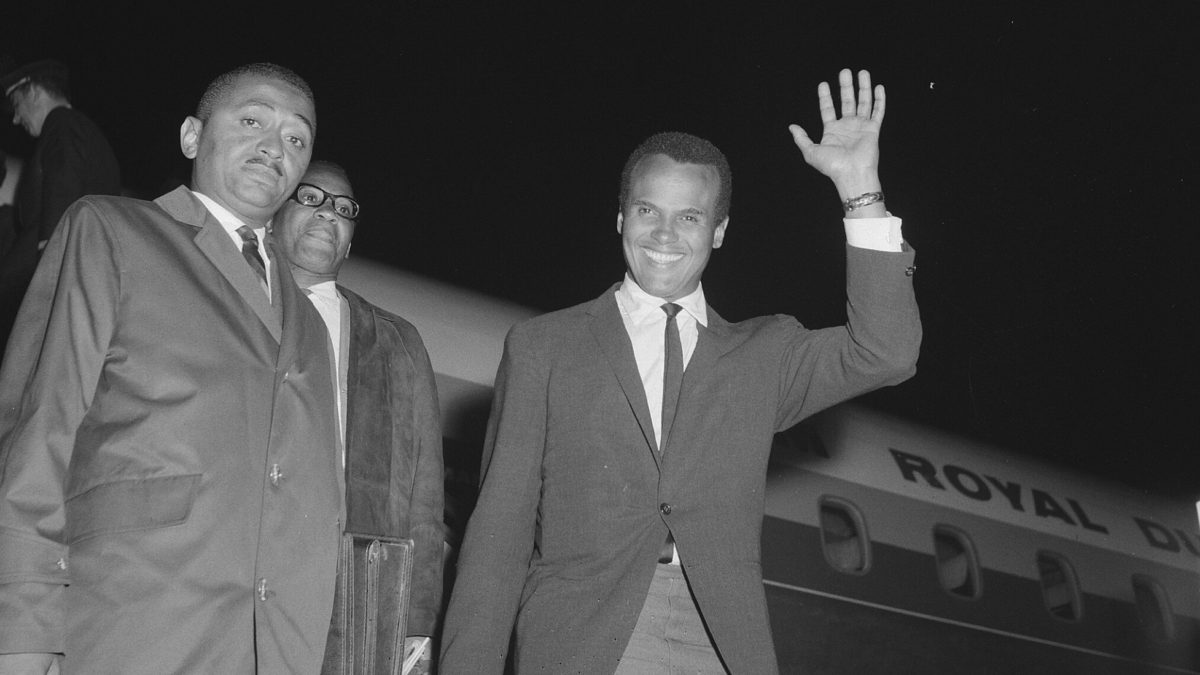Conservative humorist P.J. O’Rourke was a true pioneer who showed that conservatives, not often associated with humor but regarded as the dead-serious-head-exploding-in-anger Ann Coulter or Glenn Beck, could be funny. And he made it seem natural that they should. O’Rourke died Tuesday at the age of 74.
The conservative movement does boast a few comedians, such as Rob Long, who wrote the television show “Cheers,” and Larry Miller, who once wrote columns for the Weekly Standard.
O’Rourke was there first, however. A former 1960s activist, O’Rourke lurched back to planet earth and into conservatism sometime around the disco era, when his compatriots were taking up jogging and snorting nose candy.
Typically, O’Rourke’s “road to Damascus” moment was not dramatic or soul-searching or a crisis of conscience a la Whittaker Chambers or David Horowitz. It occurred when he saw his pushing-30 reflection in a store window in the late 1970s. Still clad in bell-bottoms, a pea soup-colored jacket, and hair everywhere, he realized he looked ridiculous.
But he still kept his anti-liberal Establishment sense of humor, and unable “to bear the dreadful earnestness of the left,” found libertarianism and conservatism a better fit.
The left, he once wrote, wants jokes “to make a point.” From a conservative standpoint, however, “laughter is involuntary and points are not.”
O’Rourke had no grand vision, save that of human beings being utter fools, especially when personified by liberals who believe they know what’s best for everyone else. That is why O’Rourke adopted a “pox on both your houses” regarding Democrats and the Republicans he voted for. Having no sacred cows is the true measure of a comedian, and O’Rourke demonstrated this with eloquence:
“Democrats say that government works. Republicans say it doesn’t, and they get elected every four years and prove it doesn’t.”
Or, in defining the fiscal differences between the parties:
“Democrats are in favor of higher taxes to pay for greater spending, while Republicans are in favor of greater spending, for which the taxpayers will pay.”
Still, he found unhip Republicans to be more adult than the childish, pratfalling Democrats:
“It is true the Republicans are squares, but it’s the squares who know how to fly the bombers, launch the missles, and fire the M-16s. Democrats would still be fumbling with the federally mandated trigger locks.”
To gauge just how original and consistent O’Rourke was, one need look no further than O’Rourke’s opposite numbers on the liberal side. Liberals like Stephen Colbert got considerable mileage out of adopting a buffoonish version of Bill O’Reilly.
But on their own party, off come the Groucho glasses. Al Franken was dead-on funny about Rush Limbaugh, but on the subject of then-President Bill Clinton, he became worshipful. He informed readers that he could not be devastating to Clinton because he was “the greatest president the country produced.” Or moral vanity reigns, as in the case of the usually satirical Rosie O’Donnell’s dreary lectures to National Rifle Association supporter Tom Selleck.
Being a libertarian who still liked to party, drink, and smoke gave O’Rourke a unique vantage point in hitting the former Soviet Union as simply no fun: The Soviets “had no good bands, no dance halls, no racy movies, no spicy magazines, no horse tracks, no burlesque shows — they don’t even have modern art.”
As such, O’Rourke was at his most laugh-out-loud funny regarding the Soviet Union. While on a cruise in 1982 to the soon-to-implode Soviet Union, he noticed that his old left fellow passengers doubted the creature comforts of state socialism: “These were people who believed everything about the Soviet Union was perfect, but they were bringing their own toilet paper.”
Even in tearful moments, as when he personally witnessed the Berlin Wall being destroyed piece-by-piece, he still was humorous and perhaps even correct about what really sunk the Soviet Union:
They may have had the soldiers and warheads and the fine-sounding ideology that suckered the college students and nitwit Third Worlders, but we had all the fun … in the end we beat them with Levi’s 501 jeans. Seventy years of communist indoctrination and propaganda was drowned out by a three-ounce Sony Walkman. A huge totalitarian system with all its tanks and guns, gulag camps, and secret police has been brought to its knees because nobody wanted to wear Bulgarian shoes.
Although consistently funny to the end, O’Rourke was at his best in the early 1980s, when he risked being called a reactionary in his writing. Channeling Archie Bunker, he showed that he did not mind being called a Nazi: “I don’t let it bother me for one simple reason. No one has ever had a fantasy about being tied to a bed and sexually ravished by someone dressed as a liberal.”
Although in later years, he took a politically correct view of the Vietnam War as a case of mindless brutality, he did express guilt about not serving in Vietnam. Dedicating a book (the hilarious “Give War a Chance,” 1992) to his contemporary “who had to go” in his draft-deferment place, he writes humorously and even movingly: “I hope you’re rich and happy now. And in 1971, when somebody punched me in the face for being a long-haired peace creep, I hope that was you.”
In proud reactionary fashion, O’Rourke in that period even pined for the “political troglodytism” of the McCarthyite 1950s and compiled his own “enemies list.” True to form, those who appeared on it had made the cut as ridiculous more than dangerous. Then again, he does express the hope that by inciting these people they will “out demonstrating again so policemen can hit them over the head.”
But in later years, although he seemed to mellow, he remained dead-on in political humor. What kept him honest in attacking everyone was his view of life as a human comedy.
For O’Rourke, life was a cosmic joke, and to try to analyze what made humans tick was futile. This hit liberals in their most vulnerable spot: the conception that they know what makes humans tick and they are thus equipped to solve the problems of mankind. This made things worse and of course no fun.
O’Rourke will be missed.









